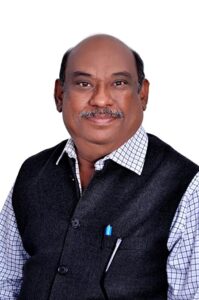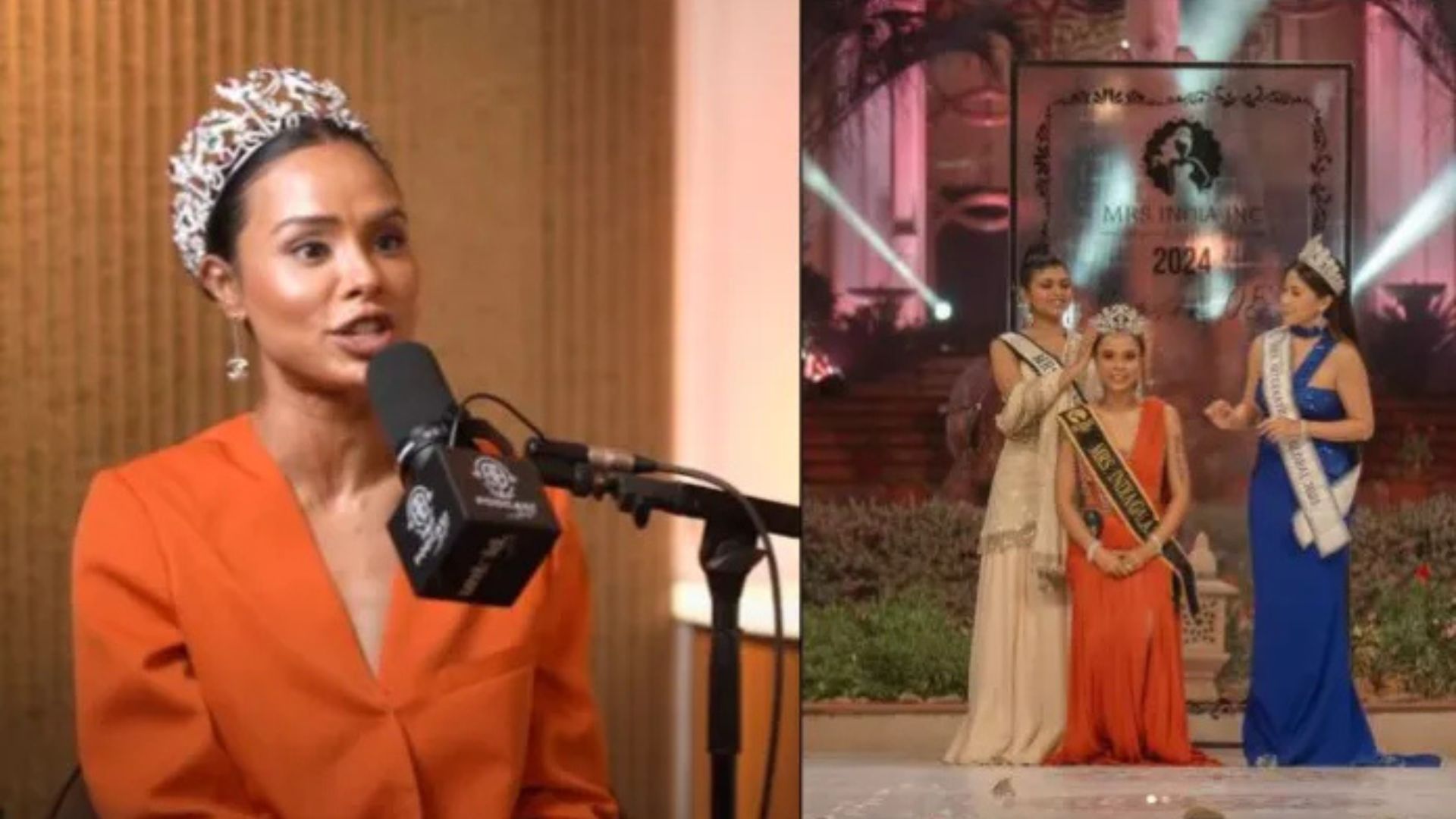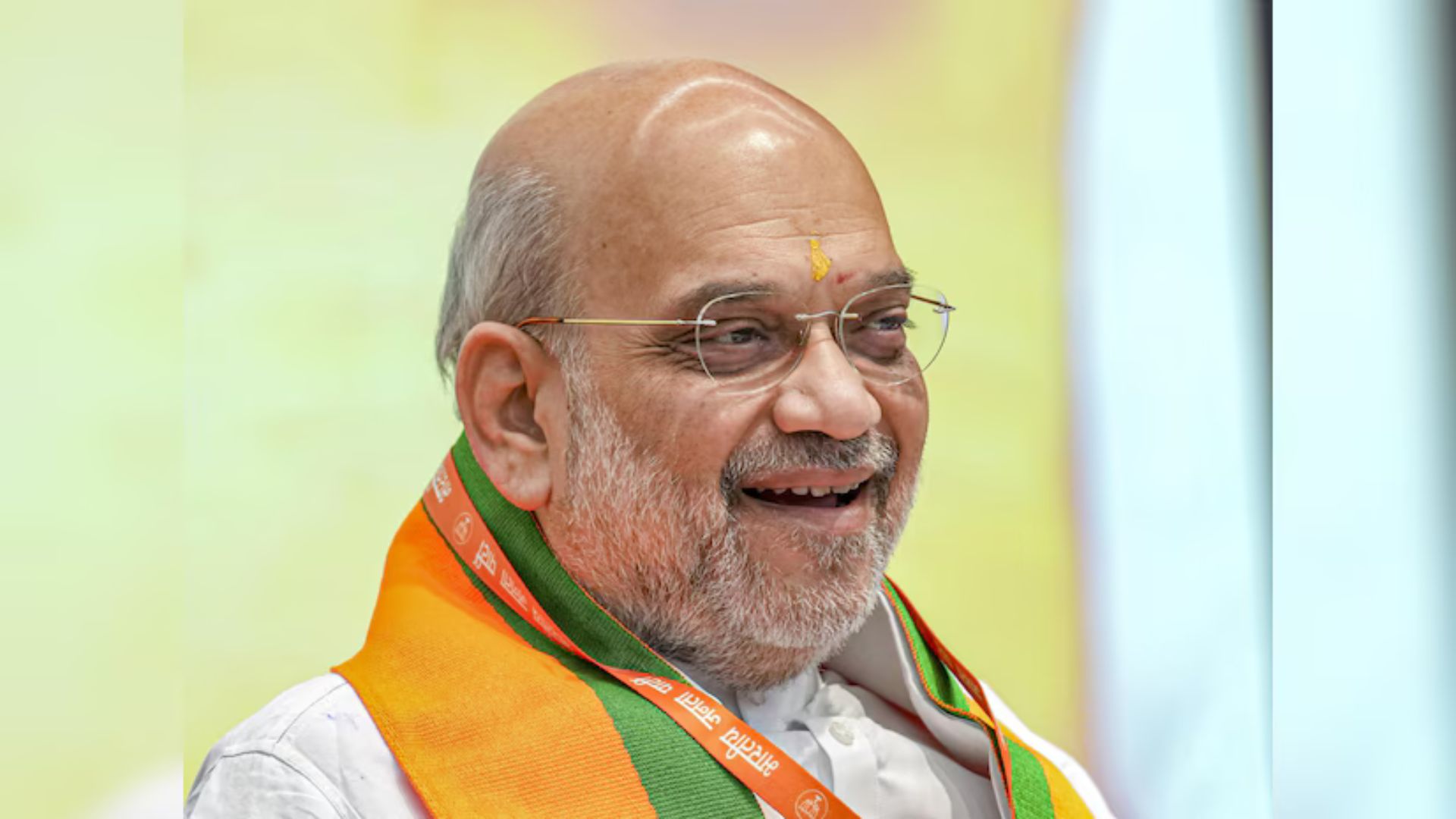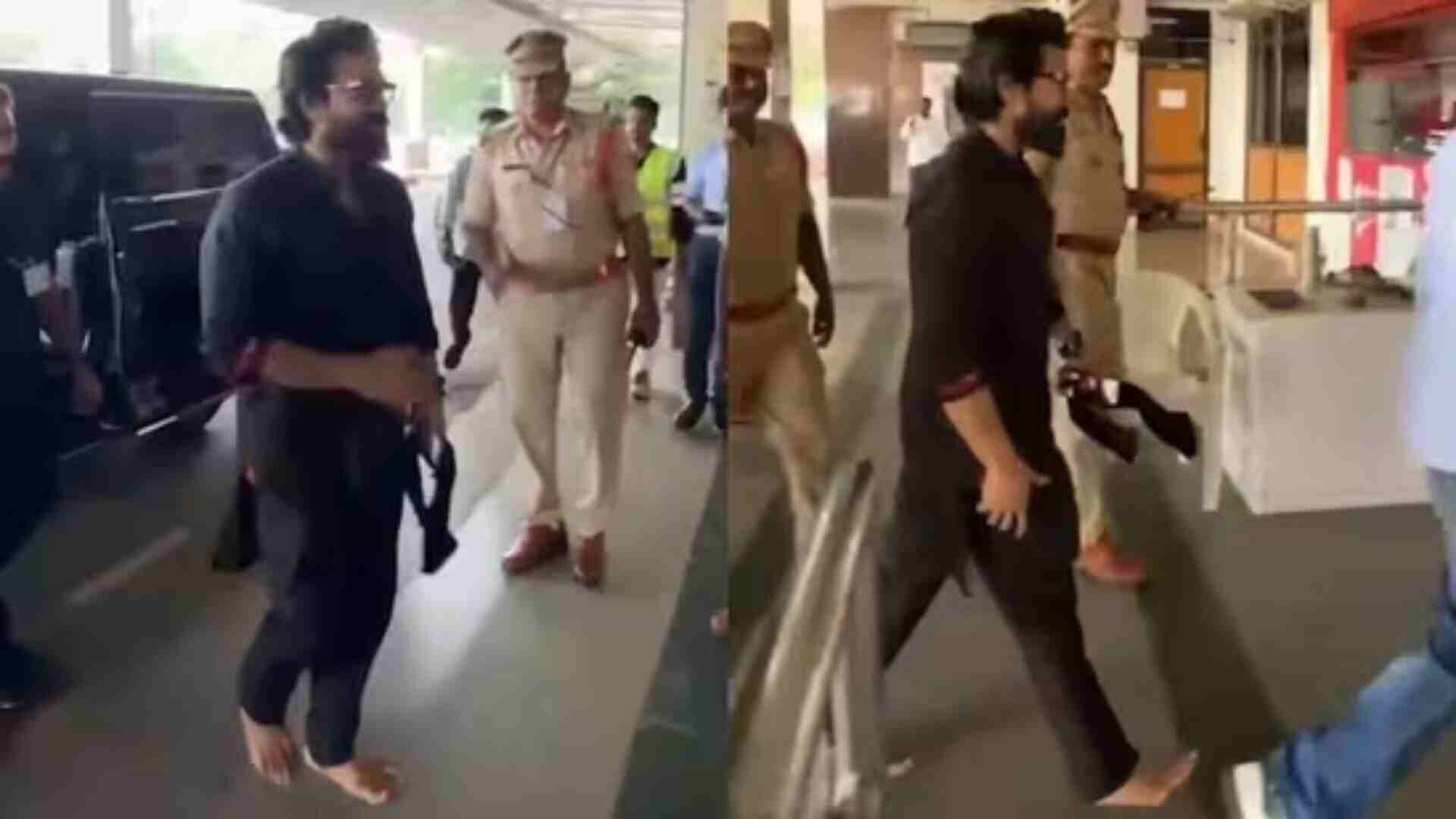
She came everyday- all six seasons. Around nine in the morning, she would knock at the main door of my aunt’s house in Model house, Lucknow. She knocked and stood quite till my aunt came out of her kitchen with a chapati rolled with Ghee and jaggery. She stood with her big eyes and emaciated frame in silent anticipation, ate the chapati and went off.
She was not alone in getting the chapati though. The fish selling duo of blind mother and half blind daughter- Fahiman and Wajiran-came after her. A wicker basket carried their limited quota of fresh fish and a weighing scale which never gave the actual weight.
No one bothered as their customers were few Bengali families who bought from them to help them out financially. It was my aunt›s place though, where they had one chapati each and tea. Then came Parul Didi – the lady who supported her family by making and selling puffed rice- a must eat for bengalis. She was the social media platform – keeping matrimonial information, health reports, saas bahu news for interested listeners and so on. Her regular stop was my aunt›s place where she would squat on the kitchen floor, help my aunt with peeling or cutting vegetables while continuing with her soliloquy. She parted after having her quota of chapati and tea. Chatterji Khuro (uncle), a septuagenarian, used to saunter in at about five in the evening ostensibly to read the daily newspaper «Pioneer».
He never uttered a word during his half an hour occupation of the corner most chair of the big stone top dining table, his bottle bottom type glasses precariously perched on his hawk like nose bridge watching my aunt preparing evening tea of which he was a stake holder. He sipped his tea from the plate making a typical irritating sound alongwith one chapati and little helping of vegetable curry. Eating over, he would leave leaning on his cane support.
Lucknow, called the Constantinople of the East, was the capital of Awadh since 1775 when Nawab Asaf-ud- daula shifted the capital from Faizabad. Awadh, earlier controlled by Delhi Sultanate became part of Mughal Empire. Asaf – ud -daula was a magnanimous Nawab, always helping the poor and looking after his subjects. He was a patron of Arts and culture too. He was so generous that it was said “jisko na de Khuda tallah- usko dega Asaf- ud – daula” (the ones who do not get from Khuda, shall get from Asaf -ud-daula). The subjects too imbibed his traits- « Yath Raja – tath praja (as the king – so the subjects).
Lucknow flourished under him and his successors till Nawab(later King) Wajid Ali Shah, a great patron of arts, was dethroned by the British in 1856. People thronged to Lucknow for Royal patronage and showcasing their creative sides. Many Bengalis from Kanpur, Allahabad, Varanasi, who had come with the British as their administrative staff migrated to Lucknow – famous for it›s Tehzeeb( manners), Tawaifs ( courtesans) and Cuisine. Life was blissful and the city was full of vibrance with the smell of Itr wafting all over. All changed after British takeover. Bereft of royal patronage, many fell into misery. Bengalis were affected too. As they were not so enterprising as Kayasthas and others, they felt the maximum pinch. Zari lined pleated lungis gave way to faded lungis, Chandeliers went out,ghungroos stopped ringing and long vibrant nights became nightmare. Over next few decades, Lucknow Bengalis slipped into decadence barring a few making name to respect. Atul Prasad Sen, Asit Halder( for few years), Dr. Sadhan Bose, Pahari Sanyal- the quintessential rich father of Bengali films- and family to name a few. My aunt stayed behind Pahari Sanyal›s house. The neighbourhood of predominantly Bengali and an atmosphere of bonhomie and generosity abounded.
Now to be back with the regular one. She was more regular than the others. Rains, Sun or mist never deterred her. She suddenly stopped coming. My aunt was concerned. No one knew where she came from. Months passed. One morning, the familiar knock brought my aunt out. There the regular stood with her grateful eyes. She was not alone. She had brought her daughter along. My aunt was relieved and happy to see them. She stood still after my aunt gave her chapati. She wanted more- for her young daughter.
She left only after getting one for her calf. The duo continued coming till the mother cow fell ill. Then her place was taken over by the calf. She followed her mother›s routine-for years.
I still wonder about the Bovine- human bond which existed and purity of the same making it last for years. I think of the kind heartedness of that time. My uncle ran an average household. The income was limited. Still they shared their food smilingly. Without flaunting it on facebook or group like most people do now a days.

Subir Adhicary has authored five books. He is a humorist and his first book Beyond My Blinkers. He is a civil engineer from University of Roorkee (now IIT) and is working as consultant.















